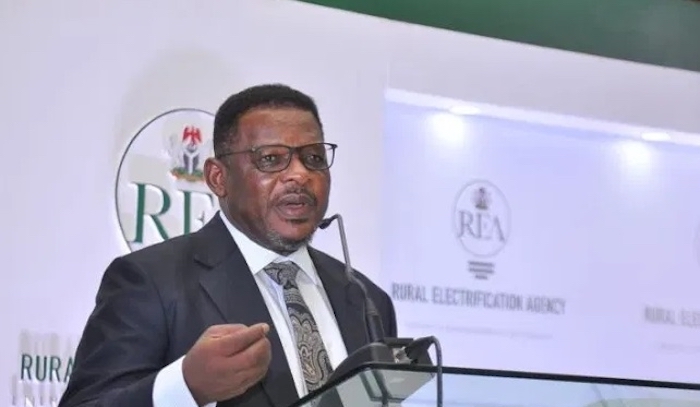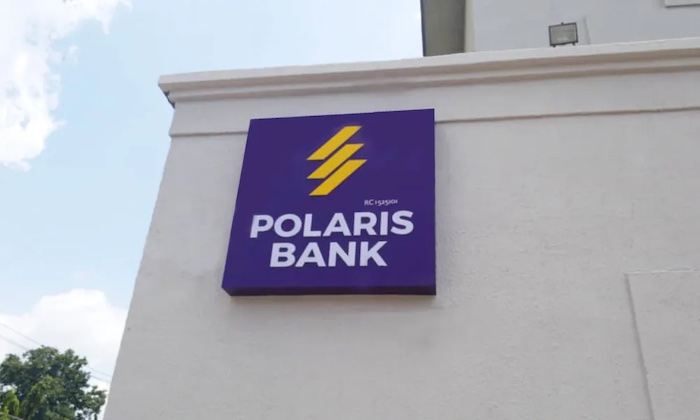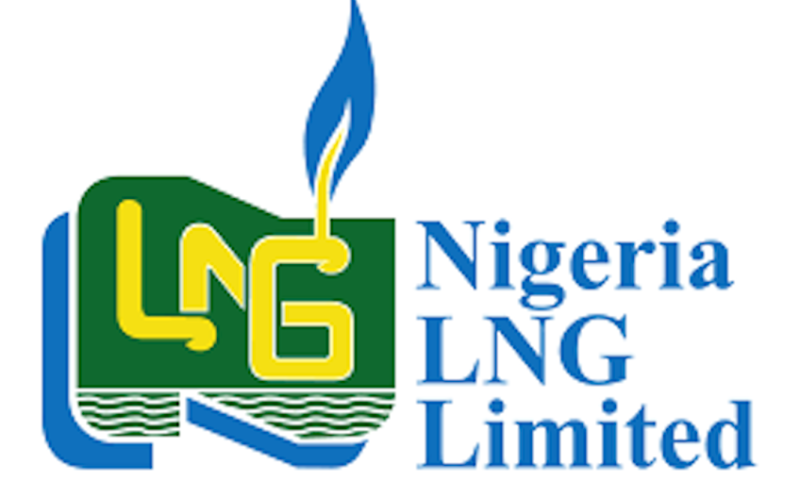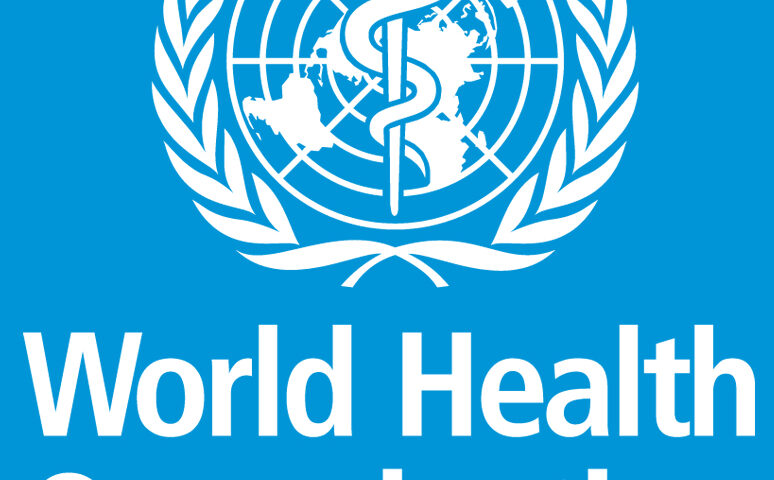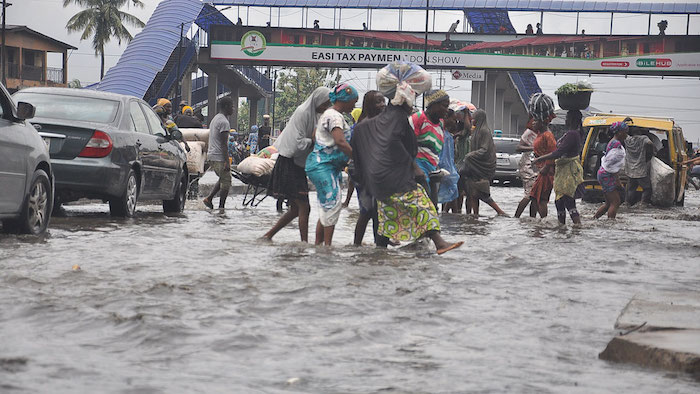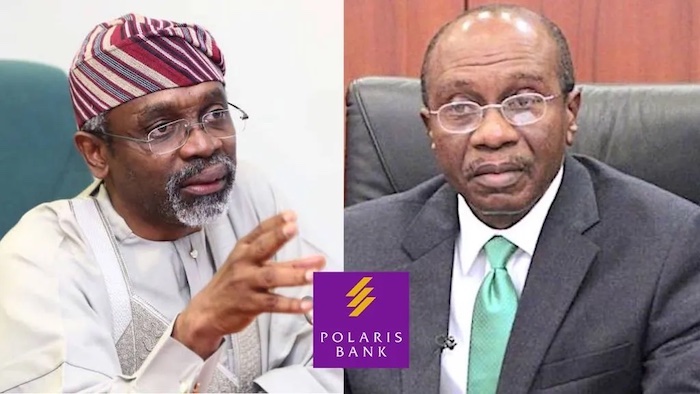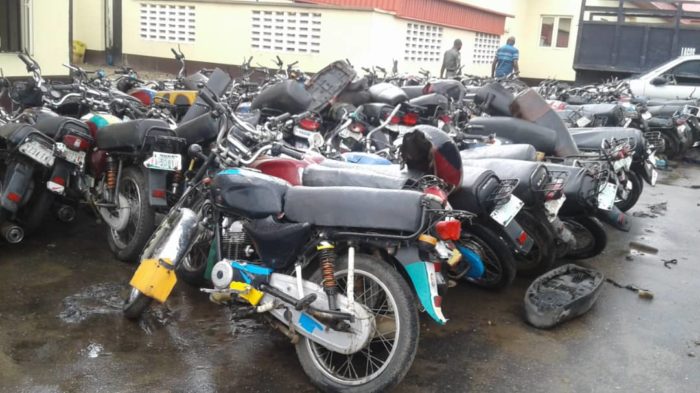Nigeria Yet To Experience System Collapse This Year- Jedy-Agba
Nigeria had not experienced system collapse this year, but only grappling with system disruption and disturbance, Minister of State for Power, Goddy, Jedy-Agba has said
He told the House investigative Committee on Power in Abuja on Thursday.
The power disruptions was caused by either human, implements or political factors, while describing the blackout experienced in Sept. as a sabotage,he added.
He said:”Last month the country had a blackout for a short while, and social media young men were switching off the system as videoed and put on social media platforms that it was not a collapse, that it was deliberate vandalisation, infact it was a sabotage.How can young men go and switch off light thereby putting the nation in blackout just because of some grudges.”
Speaking, Managing Director, Transmission Company of Nigeria (TCN), Mr Sule Abdul’aziz, said that from 2017 to 2021 the incidences of total system disturbances had been on the decline
Abdul’aziz stated that there had been significant sustained improvement in grid stability with every year.
The Executive Secretary, Association of Power Generation Companies, Dr Joy Ogaji, attributed the problem to obsolete infrastructure and excessive load.
She said another reason for the collapse was weak infrastructure, adding that most of the equipment are over 25 years old couple with instability and unavailability of most transmission line.
She said one of the reasons for the improvement in power supply was that Genco machines were now been used to manage the grid, contrary to the grid code provision, adding that 97 per cent of the time the grid were in high frequencies
Speaking, Rep. Sada Soli (APC-Katsina), however,expressed dissatisfaction with the explanations of the various stakeholders who made submissions at the hearing.
He said that, none of them have made any suggestion on how to solve the problems in the power sector.


